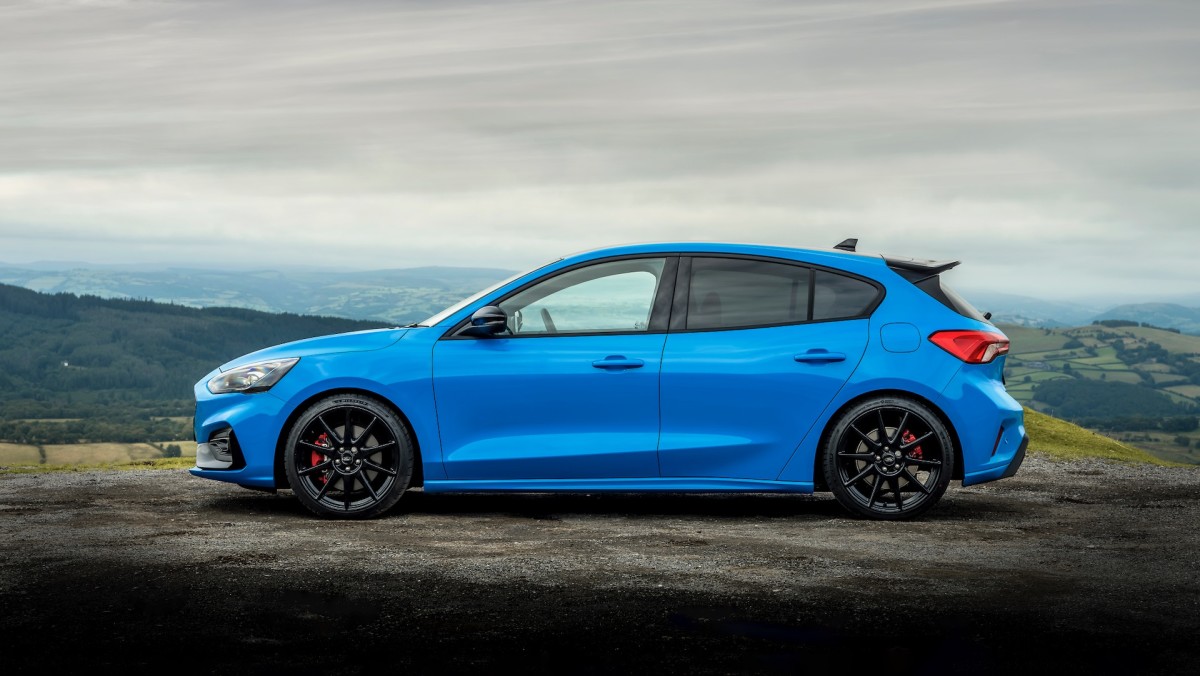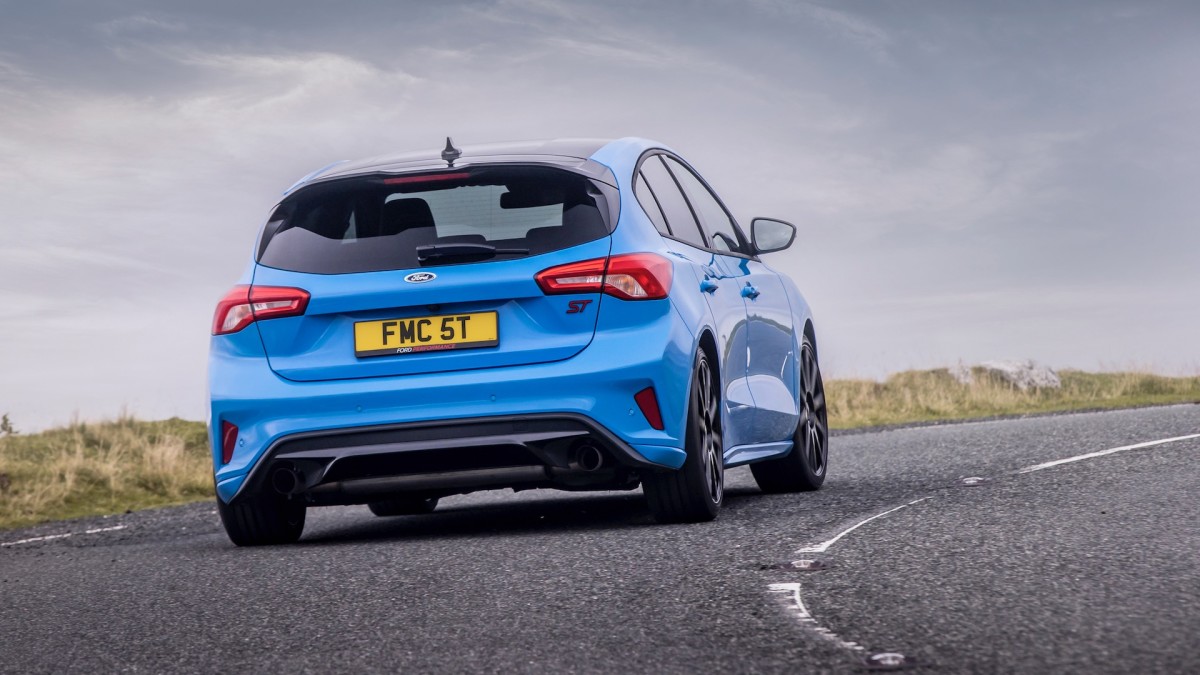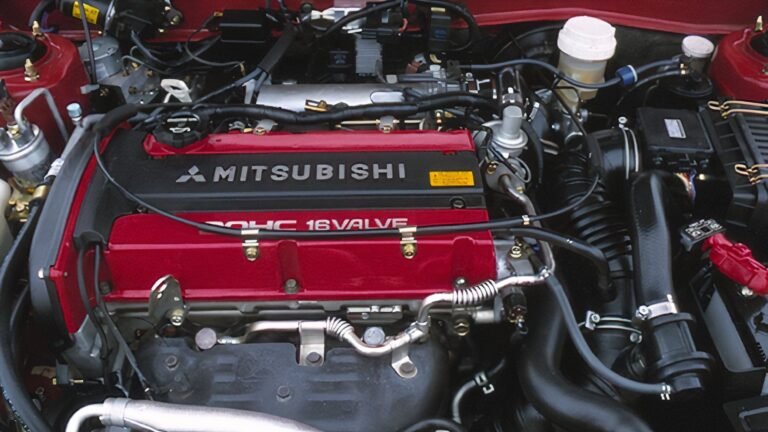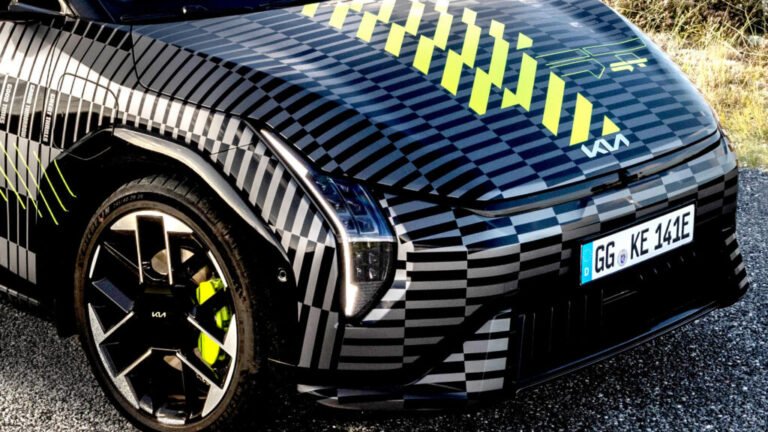It Could Have Hybrid And All-Electric Powertrains
The Ford Focus was one of the Blue Oval’s few compact-car successes in the United States, giving U.S. enthusiasts a taste of the crisper handling and styling of the automaker’s European products. But Ford’s shift in focus (no pun intended) away from cars meant the nameplate was withdrawn from this market after the 2018 model year. It’s now leaving Europe as well, but a new report claims the Focus name could return attached to an SUV.
According to Autocar, a new midsize crossover wearing the Focus name is being considered for 2027. It would reportedly be built at Ford’s Valencia, Spain, plant, which has an annual production capacity of 300,000 units. Production of the current Focus is handled by a plant in Saarlouis, Germany, and is due to end in November. The German plant is expected to close at that time.
Ford Has Done This Before
Ford
The Focus SUV reportedly won’t replace the Kuga in Europe (that’s the crossover sold as the Ford Escape in the U.S.), despite being close in size. Instead, it will be sold alongside the Kuga as a greener alternative, offering “multi-energy” powertrain options, including hybrid and all-electric powertrains. The current Kuga is offered with mild-hybrid and plug-in hybrid powertrains, but not as an EV.
The resurrected Focus would reportedly use the same Ford C2 architecture as the outgoing version. This architecture is also used by the Kuga/Escape, as well as the Maverick pickup and Bronco Sport crossover.
Applying a familiar nameplate to an SUV is becoming a predictable play for Ford in Europe. It’s already done the same with the Puma and Capri, both of which were once sporty coupes. Enthusiasts may grumble, but a Focus SUV could at least stay true to the original car’s mission of offering affordable transportation—something Ford currently needs to stay competitive in Europe.
Doubling Down On Affordability
Ford
According to Autocar, the Focus SUV could help fill a price gap between the Puma Gen-E—the all-electric version of that crossover—and the Euro-market Explorer, an EV based on the Volkswagen MEB platform. That would also position the Focus to compete against popular crossovers like the VW Tiguan, Kia Sportage, and Hyundai Tucson, according to the publication.
The “multi-energy” powertrain strategy would also allow Ford to balance the need to electrify its European lineup by 2035 in line with regulatory goals, with the current reality of what the automaker views as slow EV sales growth, as well as the need to lower prices in order to regain lost market share and defend against emerging Chinese brands.
Affordability is also an issue for the automaker in the U.S., something it hopes to address with a new Universal EV Platform that will underpin a family of new models starting in 2027, with production at a Kentucky plant. Ford CEO Jim Farley has called this a “Model T moment” and has said EVs based on the new platform will be exported to other markets. But it’s unclear if Ford will do the reverse and bring its Focus SUV to the U.S.

